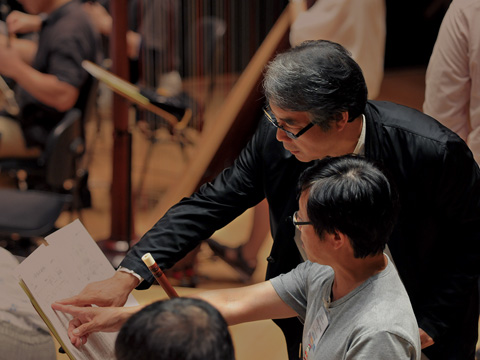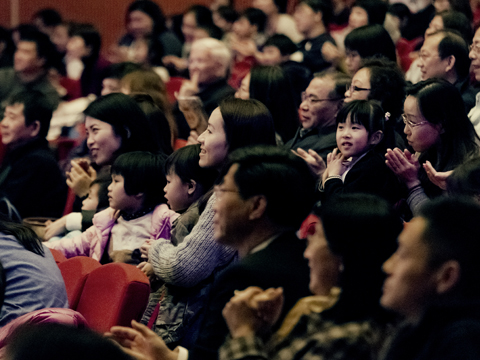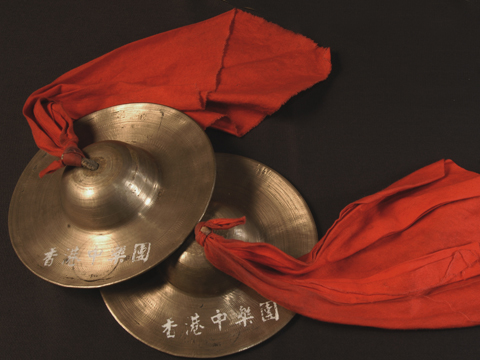
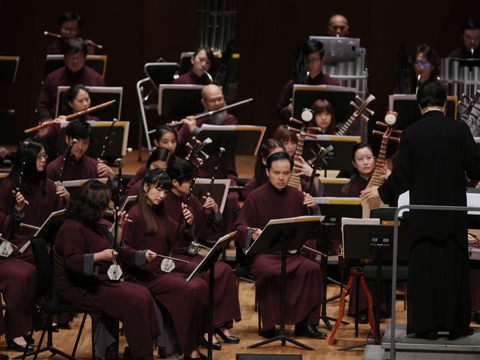
HKCO
Hong Kong Chinese Orchestra Environmental, Social and Governance Artistic Director and Principal Conductor for Life Orchestra Members Council Advisors & Artistic Advisors Council Members Management Team Vacancy Contact Us (Tel: 3185 1600)

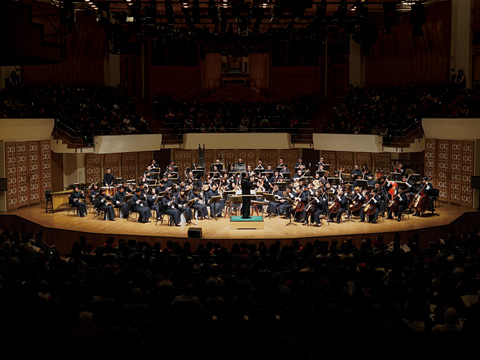
Concerts

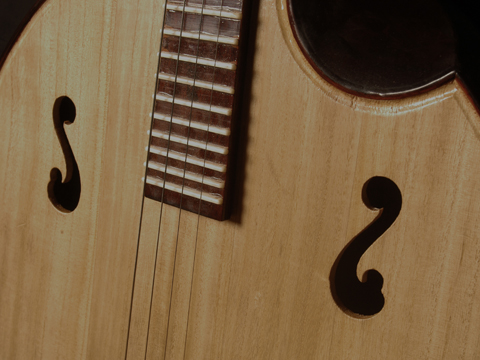
Education
The HKCO Orchestral Academy Hong Kong Youth Zheng Ensemble Hong Kong Young Chinese Orchestra Music Courses Chinese Music Conducting 賽馬會中國音樂教育及推廣計劃 Chinese Music Talent Training Scheme HKJC Chinese Music 360 The International Drum Graded Exam

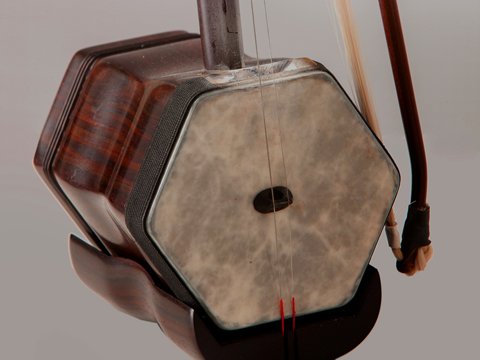
Instrument R&D
Eco-Huqins Chinese Instruments Standard Orchestra Instrument Range Chart and Page Format of the Full Score Configuration of the Orchestra
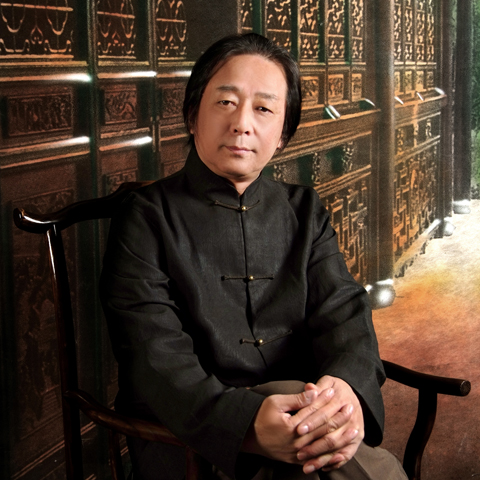
Liu Zhengguo
Liu Zhengguo is a renowned Chinese pipe and yue (bone flute) performer and a music historian. He is the inventor of the national patented instruments the nine-hole yue and the seven-hole dizi. He is also the official sound testing player and safeguarding keeper of the unearthed original artefacts of the national treasure Jiahu Guyue. Currently, he is a distinguished professor at the Music College of the Shanghai Normal University, National Class One Performer, Director of the Research Institute of Chinese Yue Culture and Principal Specialist of the National Social Science Foundation’s major projects.
A performer, composer, theorist and pedagogue all in one, Liu covers many areas of knowledge, from music literature, archaeology, instrumentation, historical Chinese semantics and cultural anthropology. He has made remarkable achievements in his thesis that the yue is the archetype of all ancient Chinese wind instruments, and discovers the invention, performance and development of the instrument in physical form. Not only did he theoretically unravel the all-time mystery regarding the meaning of the historic account “yue is similar to dizi”, he also successfully replicated and created a variety of yue-type wind instruments, developed the related performing techniques, and thus revived the long-lost ancient yue on the concert stage. His efforts in paving the way for yue as a performing art form have won him the praise as “the first person to restore the glory of the ancient yue”.
In recent years, Liu has been invited to give lectures and performances on yue at leading music institutions in China, such as the Central Conservatory of Music, China Conservatory of Music, Shanghai Conservatory of Music and Tianjin Conservatory of Music. He was also invited to Switzerland, Italy, Slovenia, Croatia, the United States, South Korea and Japan for cultural exchange, to give performance tours and lectures on the ancient yue. He has therefore spread the influence of the distinctive Chinese yue culture of nine thousand years to audiences at home and abroad.
Your Support
Friends of HKCO
Copyright © 2026 HKCO
